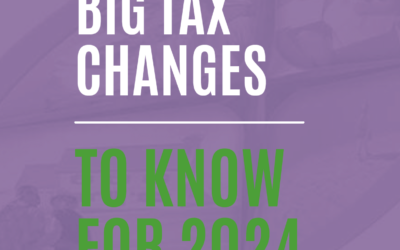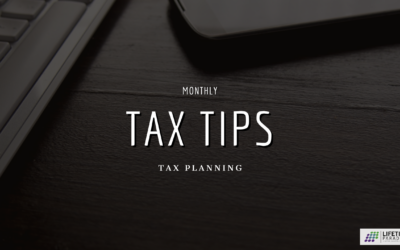Income Shifting
Hire Your Kids or Other Family Members
and Reduce the Taxes You Pay
You can create tax benefits for you and your family members by using a strategy called “Income Shifting”.
For example, you could hire your under-age-18 children, pay them, say, $10,000 each, and they could pay zero federal income taxes. You or your corporation, the employer, would deduct the $10,000 you paid to each of the children. The child wins. You win. There’s more to this, so keep reading.
The Schedule C Business
Let’s say you operate your business as a sole proprietorship, a single-member LLC that’s treated as a sole proprietorship for tax purposes, a husband-wife partnership, or an LLC that’s treated as a husband-wife partnership for tax purposes. With these structures you can hire your under-age-18 child, and the child’s wages will be completely exempt from Social Security and Medicare taxes (FICA tax) and FUTA taxes.
To be clear, the FICA tax exemption applies to the employee’s share of FICA tax that’s withheld from the employee’s paychecks and to the employer’s share of FICA tax that your business must pay over to the Feds. You have to like that!
For 2020, your under-age-18 employee-child’s standard deduction will shelter from federal income tax the first $12,400 of wages received if the child has no taxable income from other sources. No federal income taxes for this child. You have to like that too!
You can hire the under-age-18 child part-time, full-time, or whatever works for you and the child. Right now, children in this age category are probably not attending school, and the school district’s lengthy summer vacation may have already begun.
Will your under-age-18 child be attending school and pay tuition?
By paying your child for working in your business you received a tax deduction. They received that income tax-free. Now, they can use their tax-free money to pay their tuition. They can use their tax-free earning to pay for any expenses, clothes, entertainment, whatever. Keep in mind if had paid these expenses yourself, they would have been paid with your after-tax earnings making the real cost of those expenses significantly more.
What if My Business Is Incorporated?
If you operate your business as an S or a C corporation, your child’s wages received from the business are subject to FICA and FUTA taxes, just like any other employee, regardless of the child’s age. The fix for this is to create a Family Management Company, and FMC. The FMC will file its taxes as a sole-proprietorship. The FMC will employ your children. You Corporation will pay a management fee to the FMC. The FMC will pay your kids!
What if I Hire a Family Member over Age 21?
You can still do it! However, the wages received from your business are subject to FICA and FUTA taxes, just like any other employee. This is the case whether you operate your business as an unincorporated sole proprietorship, a partnership, or an LLC or as an S or a C corporation.
Tax Advantages for Your Business
When you hire a child or other family member, your business deducts the wages paid:
- If you operate the business as a sole proprietorship, a single-member LLC that’s treated as a sole proprietorship for tax purposes, a husband-wife partnership, an LLC that’s treated as a husband-wife partnership for tax purposes, or an S corporation, the wage expense deduction reduces (a) your individual federal taxable income, (b) your individual net self-employment income, and (c) your individual state taxable income (if applicable).
- If you operate the business as a C corporation, the corporation deducts the wages paid to a child or other family member. The deductions reduce the corporation’s federal taxable income and probably the corporation’s state taxable income (if applicable).
- If your business will be unprofitable this year due to the COVID-19 fallout, deductions for wages paid to a child or other family member can create or increase a net operating loss (NOL) for 2020. If so, you can carry back the 2020 NOL for up to five tax years—back to 2015. The NOL carryback can trigger a refund of income taxes paid for the carryback year. That can really help. An NOL carried back to a pre-2018 tax year can be especially helpful, because tax rates were generally higher in those days.
Keep payroll records just like you would for any other employee to document hours worked and duties performed (e.g., timesheets and job descriptions). Issue W-2s just like you would for any other employee. This is a great strategy if used properly. That said, before implementing any strategy like this, be sure to consult with your personal tax professional to obtain their personal guidance and advice for your specific situation.
How to Comply with the IRS and the Department of Labor
When you employ your children to work in your business, make sure that you comply with both the IRS and the Department of Labor. Click here or below to learn more.


Big Tax Changes to Know for 2024
Financial Guides2024 has brought some big tax changes with it. It’s essential to stay informed about these...
The Smart Tax Planning Newsletter March 2024
Tax PlanningIn This Issue: IRAs for Young Adults Get Up to $32,220 in Sick and Family Leave Tax Credits New Crypto Tax...
2024 Key Planning & Investment Deadlines for Q2
Financial GuidesSpring is coming and to keep you financially organized for Q2, we are providing you with our Spring...





